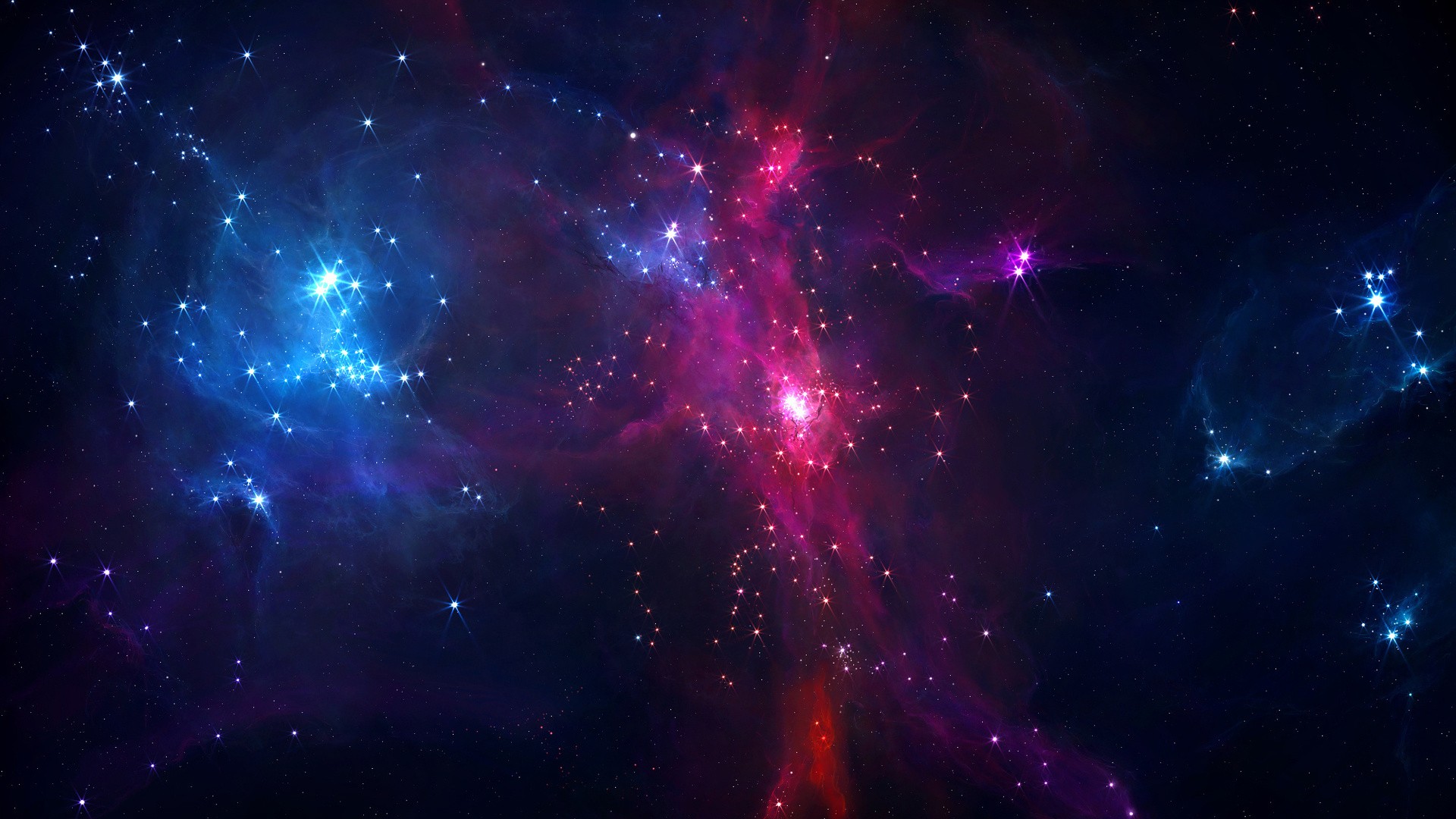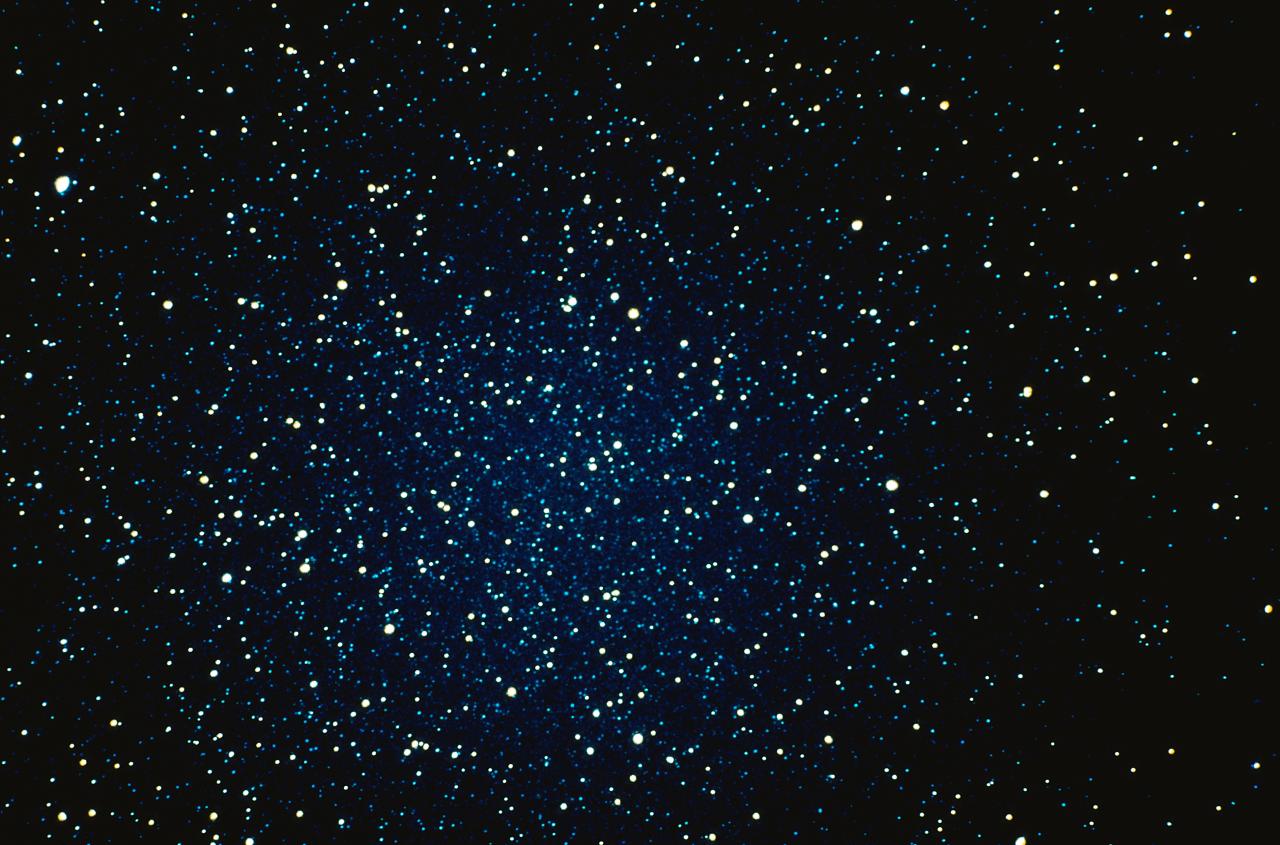
Scientists from the Japan Aerospace Exploration Agency have come up with an experimental ship that pulls outer space debris out of orbit.

Gravitational-wave data show tentative signs of firewalls or other exotic physics.

The crucial ministerial meeting held every two years when the agency’s 22 member states spend 48 hours debating one subject – Europe’s future in space.

After a review of celestial data spanning 27 centuries, a team of astronomers has determined that Earth’s orbit slows almost two milliseconds every 100 years.

A stunning new image captured by the Hubble Space Telescope shows a galaxy that's being strangled by tentacles of gas and dust. The strange and intricate shape of this celestial object is caused by a supermassive black hole.

Virgin Galactic's second SpaceShipTwo performed its first free flight Dec. 3, a glide test that begins the next phase in testing of the spaceplane.

A new paper published by scientists from the Griffith’s Centre for Quantum Dynamics claims that parallel universes do exist.

For more than a decade, the Cassini spacecraft has been exploring the system of Saturn, some 1.2 billion kilometres from Earth. As the first phase of its final descent begins, we look at what it has discovered about the ringed planet and its moons, and what happens next.

The hypothesis is cosmological natural selection, and its power, beauty and logic provide what may be the best scientific explanation for the existence of complexity and life in the universe.

An international team of astronomers has discovered a previously unknown major concentration of galaxies in the constellation Vela, which they have dubbed the Vela supercluster.

Larger than the Grand Canyon, wider and deeper than East Africa’s Great Rift Valley, Mercury’s newly-discovered “Great Valley” boggles the imagination. But it’s more than size that makes this geologic feature remarkable.

A consortium launched a crowdfunding campaign for an optical instrument that could search for planets in Alpha Centauri.

An international team of researchers have found another planet orbiting a red dwarf; in this case, a small super-Earth less than 33 light years away.

According to the mission schedule, the astronauts will remain in the space station for 30 days and spend a total of 33 days in space, making the mission the longest in space so far for China.

The growing space debris problem may have a flip side: What if we could recycle the junk for components of a mission to the Red Planet?